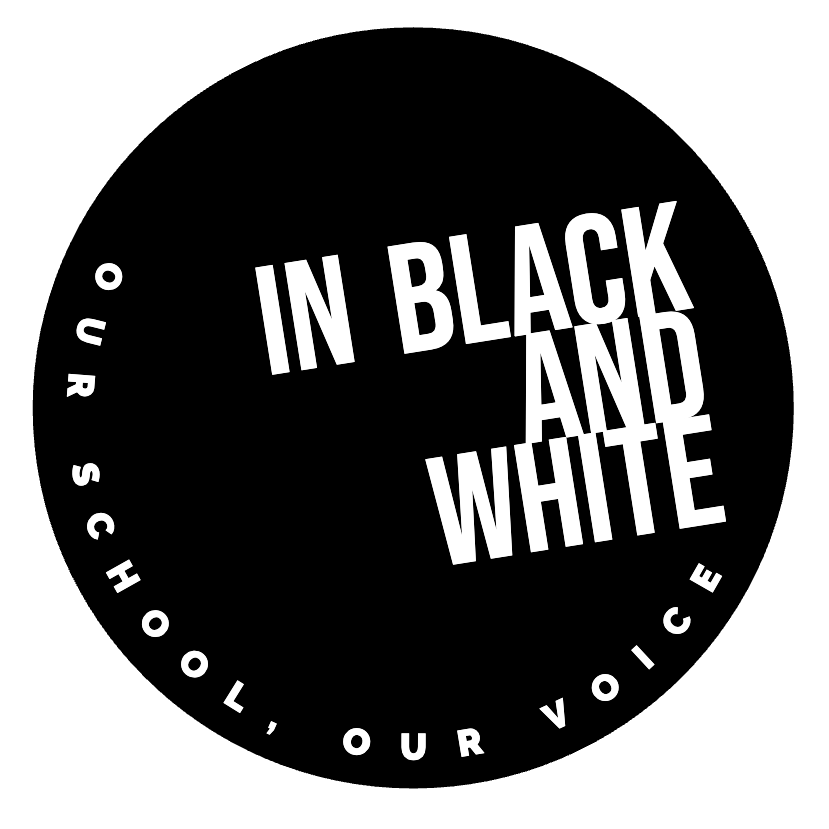Story by Luca Dukovski
Photo by Ryan Low
Will Kostakis is a proclaimed award-winning author. I had the opportunity to sit down with him and ask him about his secrets to writing with voice, but also some personal experiences that have motivated and influenced his successful career so far.
Luca Dukovski: So, what inspired you to begin writing?
Will Kostakis: Writing was always something I enjoyed. I could tell my family wanted me to be a reader and writer. In Year One, I received an award for excellence in creative writing. How can you be excellent at writing in Year One? That’s delusional, right? I would’ve written 10 words on a sheet of paper in an hour. But that sort of support really made me believe I was excellent. And it was only because of the staff at Newington that I continued to love writing. They first fostered the love for reading and writing in me, and then when I got to high school, the teachers really began to push me. Yes, you are good, enthusiastic, but let’s make you great. The first time I received feedback on my writing, I ran to the bathroom and cried for 30 minutes. And then, after I implemented her feedback into my writing, I realised why she was so harsh; because she was so right.
LD: What is your favourite part of writing books, Will?
WK: It’s getting to reveal some truth about my life or something that I’ve learnt, but also getting to see my story on the page. I get to write stories now that when I was your age, wouldn’t have been published. Now I get to write that stuff and know it gets to exist. Knowing that you’ve done something that never would have previously existed. That is my favourite part of writing.
LD: What is your favourite book you have written and why?
WK: I really liked “The First Third.” That was my first personal novel, that was about growing up in my family. And because of that novel, I can go across Australia and people will ask, “how is your grandmother?” I’ve made my grandmother famous. I find that really cool. But with Sidekicks, that was about my journey through high school and spending time with a friend that has now passed away. That was also my first work to get published overseas. I don’t think I can choose just one; they all have an equal share of my love.
LD: Finally, what is your advice to aspiring young writers?
WK: Actually write. Kids will say “I want to be a writer,” but they never actually write. Give yourself some time. Put the phone on the other side of the room and just write. It’s going to be garbage. It’s fine. That’s the point. You’re supposed to be bad when you start out. But then you start to love it and you build up the confidence to let others read it. For me, I thought I was going to be a writer, and I thought that I was perfect until others said “No, this is not as good as you think it is.” And that rejection can hurt, but sometimes it goes really, really well. So just put yourself out there, even when you don’t think it’s good. If someone sees your writing, they see a little bit of yourself and they understand you a little bit better.
